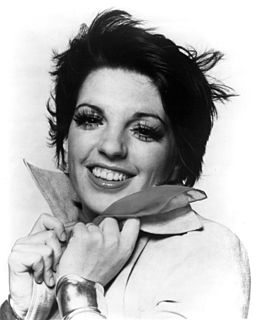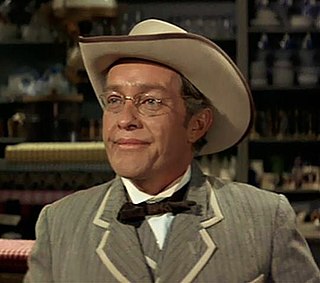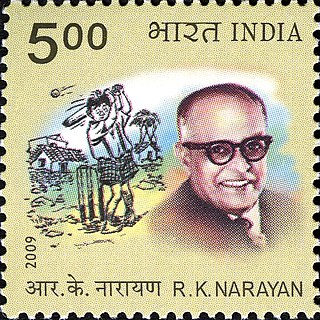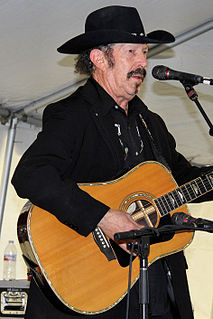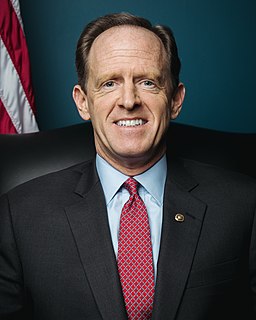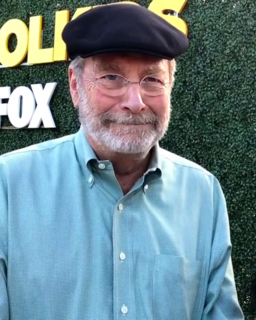A Quote by Michael Grant
It's not about who's got powers, morons. It's about who's not afraid. And who's going to do what has to be done.
Related Quotes
It's a waste of time to think about what I should have done and what I didn't. I really believe in that. That's how I react to the if-onlys of life. To moan and groan about something I shouldn't have done, could have done, might have done...who knows? It is what it is. You got what you got. I live my life one day at a time.
This education has reduced us to a nation of morons; we were strangers to our own culture and camp followers of another culture, feeding on leavings and garbage . . . What about our own roots? . . . I am up against the system, the whole method and approach of a system of education which makes us morons, cultural morons, but efficient clerks for all your business and administration offices.
I write chronologically in my life, so whatever's going on, I write about it. Usually, that's when I feel the most cohesive body of work is formed. I got to live this crazy life, I got to write about it, and now I've got this record that I'm really proud of, too. It's not done, but when I put it out, it's gonna be good.
We have to think about what the future is going to look like for people. People are afraid of robotization; they're afraid of globalization; they're afraid of all these things. And Trump's solution to that is: shut the borders; America first; everything's got to be made here, which is of course, not realistic - in his own companies everything's not made here at all - but I think we have to engage in issues that do cross these demographic boundaries.
I'm the guy that has written at great length about exactly how we should profoundly reform Social Security. If I were afraid of going after entitlements, I wouldn't have done that, I wouldn't have put Medicaid reform in this budget, I wouldn't have called for the reductions in spending, which people will scream about, but I think are necessary.
I was about 20 when my mom got sick with cancer and it was bad. It was very scary and at the time I was doing my first screenplay and I was on deadline and was alone with my father in Massachusetts. I said, "Pop, you know, I don't how I'm going to work. I don't know how I can get this done. You know, I got to hand this script in and I can't think about anything but Mom." He said, "Well, you know, now is the time when you're going to learn what it means to compartmentalize." And those words really had an impact on me.
One of the keys is, and it may sound funny, talking about characters with super powers, but one of the keys is to make your characters as realistic and believable as possible. Even if they have super powers, you say to yourself, "Well, if somebody had a super power like this, what would his life be like? Wouldn't he still maybe have to go to the dentist or wouldn't he have to worry about making a living? What about his love life?" You've got to make characters that your reader can believe exists or might exist.

